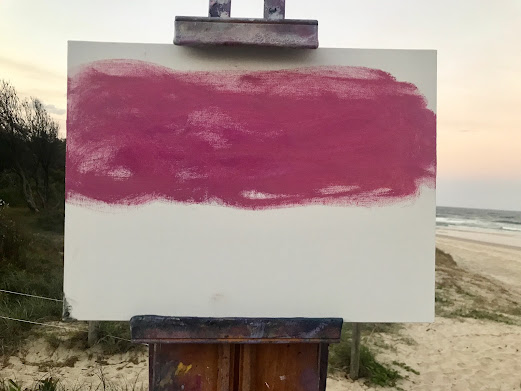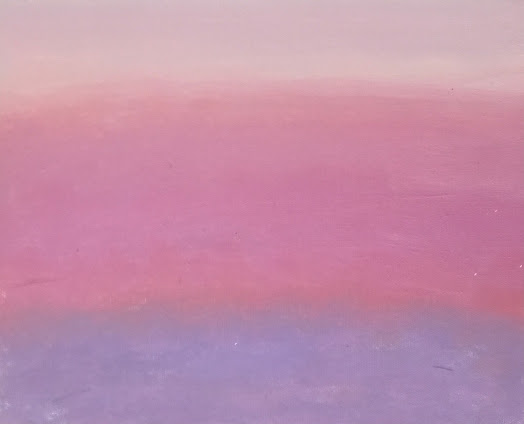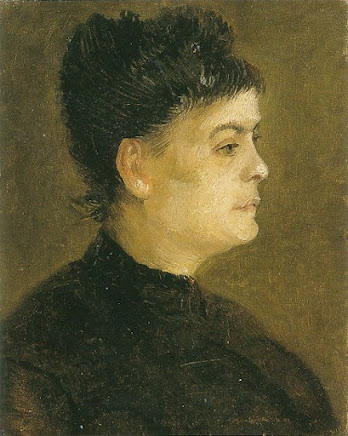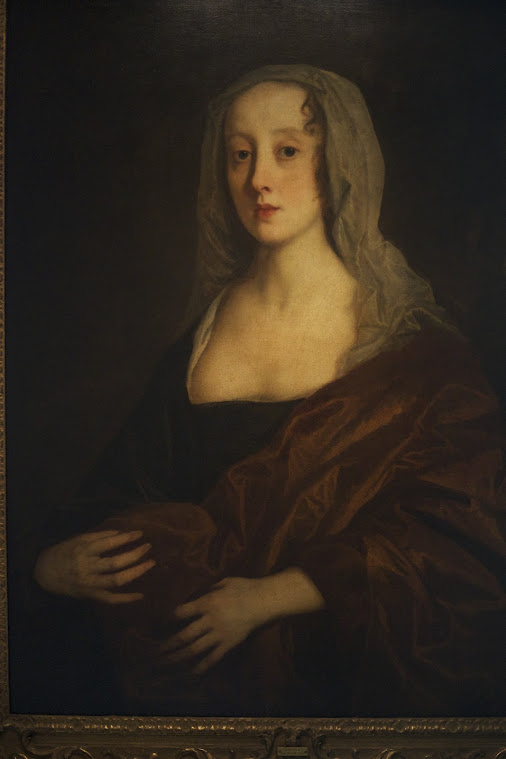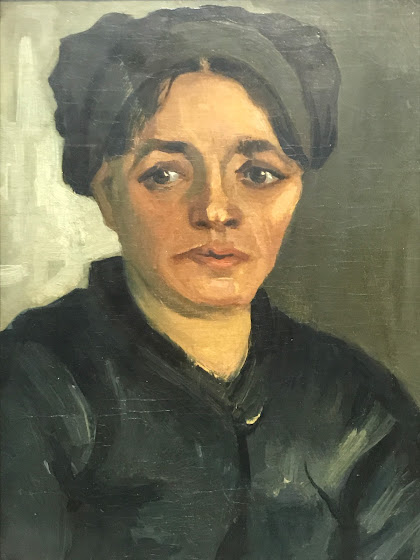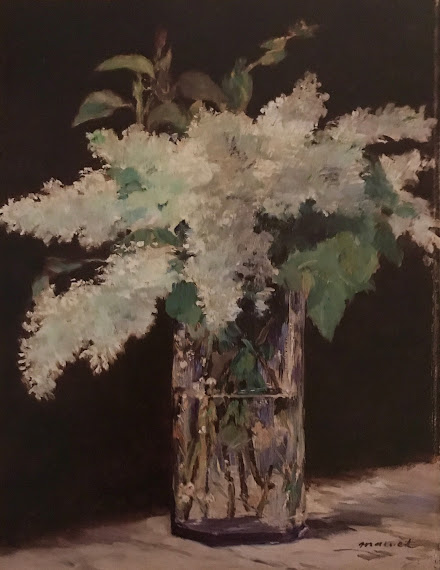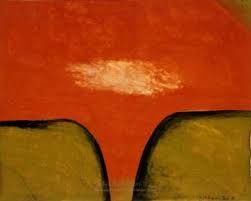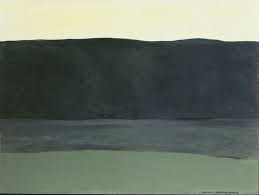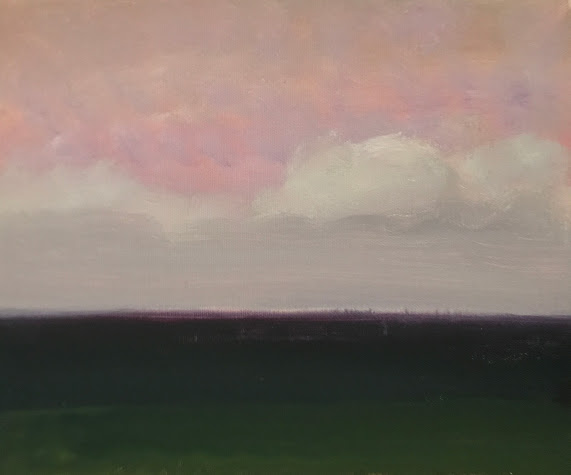Lately, at the most very random moments in a day my thoughts turn to a subject which continually abuses my mind about our contemporary culture, notably concerning Art and Entertainment. I say this because they seem to have been reduced to a kind of cultural equivalency. And yes, both are big industries in the world economy, though mostly in the American one, but nonetheless, they are money-making machines,.. cash-cows, as they say on Wall Street.
And so, it has vexed me for the longest time because as any dear reader of this tiny newsletter will know, I do not see Painting (as well as many other art forms) as a form of entertainment.
I will try not delve into other areas of this dialogue to keep it simple. But inviting literature into this discussion might help my point because I think we all accept that some books are inherently entertaining while others possess something more sacred. And ditto for music, as well as for films, theatre, and television too, for that matter. I am up for it all, though in my own case I almost never read anything to entertain myself except magazines and newspapers online where I can waste too much time.
But, like everyone today, I watch all kinds of films and serials for many varied reasons. At tired times, when too lazy to think, I can watch the end of the world all squeezed together into a mushroom cloud, but just as easily, I can be eating mushrooms with a crew of hobbits in Middle Earth. Some nights, I tag along with cops who are hunting down a serial killer with a fetish for blue feet. When it comes to films and serials, my taste runs the whole gamut as they say in Tinseltown.
But I do try to discern various levels of artistic input in almost everything I engage with in life. So while I can be all over the shop in films, in music, I'm far more discriminating. But when it comes to Painting, I take out my scalpel.
This morning for instance, almost in a flash while playing piano, it occurred to me that this whole thing in my head was actually quite simple.
The answer isn't complicated; It can be simply reduced to the idea of pathos, of mercy, suffering and death, and the compassion built into a painting through the originality and skills of the painter. But of course it also needs to be well rendered too. With these elements it will have a chance to move many of us. We, the viewers, are invited in to assist with the complicated life and death of each brushstroke. And this understanding of it naturally excludes a Post-Modern glib cynicism.
But it doesn't have to be a kind of Vanitas of Medieval times, filled with skulls and other morbid symbols from a dark monastery. On the contrary, it can be a luminous self-portrait by Van Gogh.
Entertainment, on the other hand, only reveals a photocopy of that experience, and though it can be deliciously appetising in detail, it is still a kind of junk-food that will leave us empty afterward no matter how much we have ingested.
I might feel nothing in front of cheap entertainment yet sometimes I can freely indulge in it too, as with the guilty pleasure of watching James Bond seduce a woman half his age. But the thing is that I know it's just entertainment, I know that my senses have been manipulated by the cheap thrill of it, and I know I'm being suckered in by it all with sheepish pleasure because I have consciously given myself up to it.
But in the world of Painting where artists compete to entertain the public is where the trouble begins for me because like Las Vegas, I want the carnival to stay at the carnival.
This an important consideration, a vital distinction which separates the men from the monkeys. For instance, when I read a novel I want something well written, a thing constructed of wit and intelligence, something which comes to me through a wise devotion of craft. I am not interested in dime store novels or airport-reading, though there is a place for them too, somewhere I suppose. OK,... I'm a snob.
A really great picture will exhibit a thing of wit and intelligence, two qualities which arrive only after an arduously long and patient slog on the part of an artist to achieve this wise devotion to craft.
Piero della Francesca
This glimpse of mortality in front of an art work is what moves me. But it isn't as easy in front of a painting as it is watching a film or an opera. If one has never wept in a movie house alongside others, one has not lived. But aren't I moved by some much art, writ large, because most of of the artists are already dead? Their work was their life, is it not that they lived to tell the tale of this human experience?
But again, tearing up while listening to Puccini’s Manon Lescaut may be a lot easier than to shed tears in front of a self-portrait by Van Gogh at the Courtauld Institute, but they both evoke in us the same feelings of mercy, suffering and death. Ditto for James Joyce’s short story The Dead, from his small book called The Dubliners.
And yes, it's also in this presence of beauty too, where that very complicated word is inextricably bound up in the poet's own solemn understanding of death.
I am reminded also of Manet's late still-lives which he made the year before his death. Giving up his previous thirst for medals and fame, when infirm, he quietly gave himself to a series of bouquets in vases. The fallen rose petal risks to be a cliché under less gifted painters but I think these things he made at the end of his prodigious life were his very best. less grand perhaps than the rest of his oeuvre but more poetic, for they are timely symbols of both life and death in one breath. Today, a still life will suffice when we remember that Nature Morte (in the French) means exactly that.
So, contrary to entertainment, Art isn’t about ‘killing time’, it's the shadow of life folding under the last breath.
